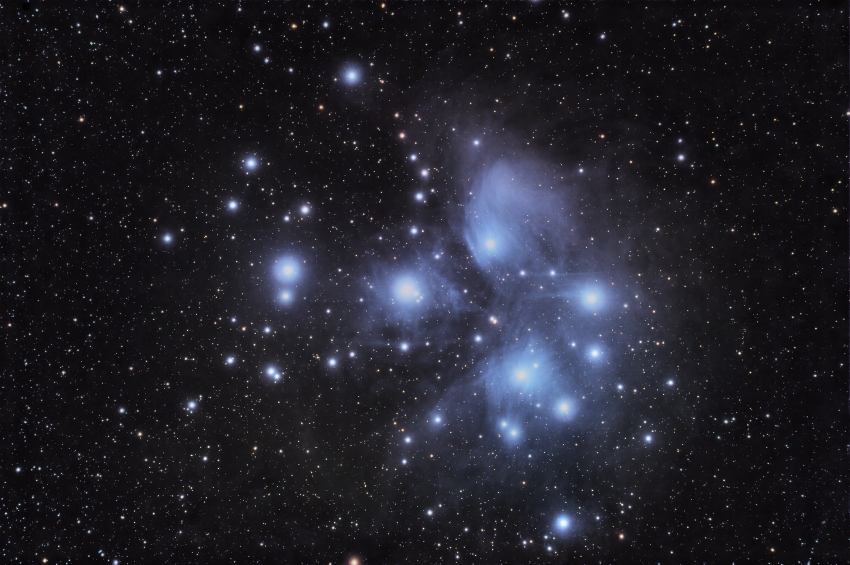There are poems about science. There are poems about scientists. But I know of only two poems about women scientists — about women doing science, that is — and both were written by the same person: the brilliant, defiant, influential poet Adrienne Rich, who died last week at the age of 82.
From “Power“:
Today I was reading about Marie Curie
she must have known she suffered from radiation sickness
her body bombarded for years by the element
she had purified
It seems she denied to the end
The source of the cataracts on her eyes
the cracked and suppurating skin of her finger-ends
til she could no longer hold a test tube or pencil
She died a famous woman denying
her wounds
denying
her wounds came from the same source as her power
From “Planetarium,” about the astronomer Caroline Herschel “and others”:
I am bombarded yet I stand
I have been standing all my life in the
direct path of a battery of signals
the most accurately transmitted most
untranslatable language in the universe
I am a galactic cloud so deep so invo-
luted that a light wave could take 15
years to travel through me And has
taken I am an instrument in the shape
of a woman trying to translate pulsations
into images for the relief of the body
and the reconstruction of the mind.
To Rich, both Curie and Herschel were bombarded — by illness, by the power of men, by the very things they studied. But they were powerful, too: They could translate the untranslatable, and turn “pulsations into images.” They were masters of both science and poetry.
“The spheres of science and poetry probably intersect in all eleven dimensions,” Dava Sobel once wrote, “for poems, like discoveries, spring from insights of unusual acumen, expressed in concise, often symbolic language.”
Somewhere in those intersections, in books or magazines or laboratory drawers, there must be more poems about women as scientists. Tell me about them. Or, better yet, write one.
Top photo of the Pleiades: iStockphoto.

I heard Adrienne Rich read live once. It was transformative.
Also, this is lovely: Marie Curie giving advice to her daughter Irene, by Julianna Baggott. “My hope, daughter is that/What you love doesn’t come to kill you/Eye by eye, ear by ear, bone by radiant bone.”
http://livingpoetry.blogspot.com/2005/08/julianna-baggott-on-marie-curie.html
“The brutish charm of work” – wonderful. Thanks, Alex.
Great article. Michelle, you might like the work of Canadian Poet Mari-lou Rowley. My favourite book of poems is Viral Suite. Enjoy!
A suggestion from Twitter: @astrokiwi recommends Sofia Samatar’s Girl Hours, a three-part poem about Henrietta Leavitt: http://stonetelling.com/issue6-dec2011/samatar-girlhours.html
And another recommendation from http://www.twitter.com/astrowiki: Mary Alexandra Agner’s collection The Scientific Method, including poems about Barbara McClintock and Florence Nightingale. http://parallelpress.library.wisc.edu/poetry/titles/author.shtml?Agner
I love this post. Thanks, Michelle — and Alex and Twitter — for sharing these poems.
My New York Times essay on spring unfolding in a woodland in Staten Island, NYC was paired with a poem by Li-Young Lee called, “Secret Life” – I love it!
http://learning.blogs.nytimes.com/2012/03/22/poetry-pairing-secret-life/
Transformative? What does that even mean really? May as well call it transmogrifying. Is it insulting to call something transformative if it simultaneously calls it derivative and, perhaps by default, something less? Just wondering and wandering aloud.
Also, enjoyed the post! (Not disagreeing on the Rich reading, just thinking semi-aloud and reaching for others thoughts).
Alexandra, that quote ending with “bone by radiant bone” is just beautiful.